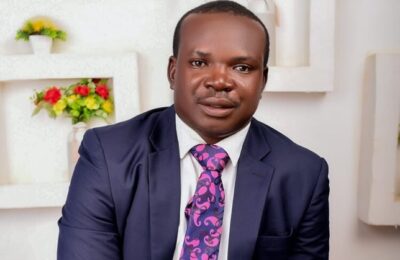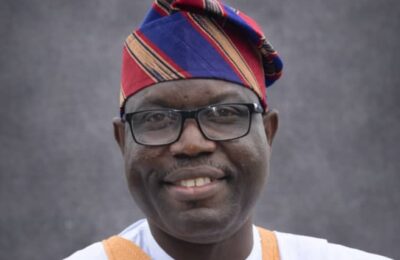Development when viewed from an integrated concept cannot be said to run its full course if it eludes the rural populace who constitutes the vast majority of the entire population of any given State or Nation. In Kogi State, development in rural areas represents a bottoms-up approach to transformation, a concept introduced and implemented by Governor Idris Wada.
Hitherto, access to social amenities and socio economic infrastructure was below desirable levels, a situation that was appalling and disturbing, and the plight of rural communities was visible.
To turn the situation around, Wada set out to give people in rural communities a new lease of life, by unveiling the administration’s determination to change the living condition of people in rural areas for the better.
In order to achieve integrated rural development, a road map with well coordinated components aimed at eliminating rural poverty and lack of rural infrastructure was drawn up, part of which was the creation of the Ministry of Rural Development as the vehicle to actualise the governor’s rural transformation vision. The ministry discharges its mandate through the provision of social amenities and socio-economic infrastructure for many rural communities in the state.
The ministry’s surveys reveal that over 80% of the inhabitants of Kogi State live in the rural areas; the government is using its roadmap for the transformation of such communities into centre of ‘full of life’ and socio-economic activities.
Committing vast resources to such tasks has not been easy; but the results show that it’s worth it.
The government paid billions of naira in the payment of counterpart funds especially for interventionist projects across hundreds of communities in Kogi State.
One of the critical areas is in the construction and rehabilitation of rural roads, Capt. Idris Wada embarked upon on a massive scale in order to obtain immediate impact.
The number of road network in the rural areas represents a solution to rural-urban migration and an effective strategy for poverty reduction as well as improvement in the rural economy.
Rural roads that link communities such Odolu-Akpanya, Kpata-Kpale, Eehewu-Atakpa, Shintaku-Gbobe, Mozum-Keteshi-Landu-Odugbo, Etutakpe-Oganenugwu, Elubi-etiaja-Ajakagwa-Ufuaga and Ogbabo-Ojoto, have transformed lives in amazing ways.
Provision of potable water has not been left out either, with so far over 300 motorized boreholes being sunk in over 270 communities evenly spread across the three senatorial districts of the state.
Rural electrification is another critical area that the present administration has committed enormous financial resources to bring about comfort and benefits of modernization to the doorsteps of the people. As part of measures to boost the rural economy and stimulate social life and growth in the rural communities, the State Government initiated and executed over 30 rural electrification projects and purchased 120 transformers which were distributed to several rural communities across the three Senatorial Districts of the State.
With the provision of critical infrastructure in rural communities, the government took a further step in building the rural economy by empowering several women involved in petty trading of farm produce, rural farmers and artisans. These initiatives by the administration have been instrumental in galvanizing the productive capacity of rural dwellers in Kogi State. Indeed, the transformation in rural areas has been so permeating that economic potentials of the communities which were earlier explored have become key attractions for the people.
For example, the agricultural chain has been greatly enhanced by the provision of facilities for year-round food storage, food processing, and improved access to markets by farmers and other players in the agricultural sector and the overall dynamics of the emerging rural economy in Kogi State.
Given the overall results far recorded by the administration in rural transformation, no one can deny that Capt. Wada has kept faith with the people of Kogi State.
Raji Usman Otori Ozigi, director, Research and Planning, Kogi State Ministry of Information.



